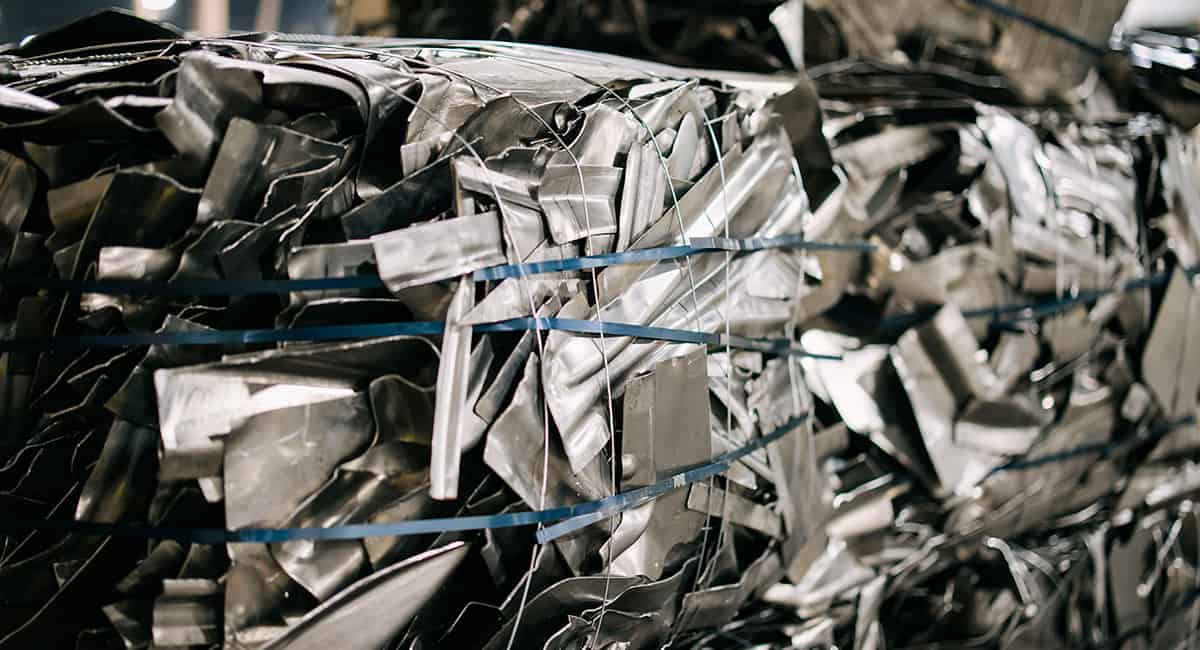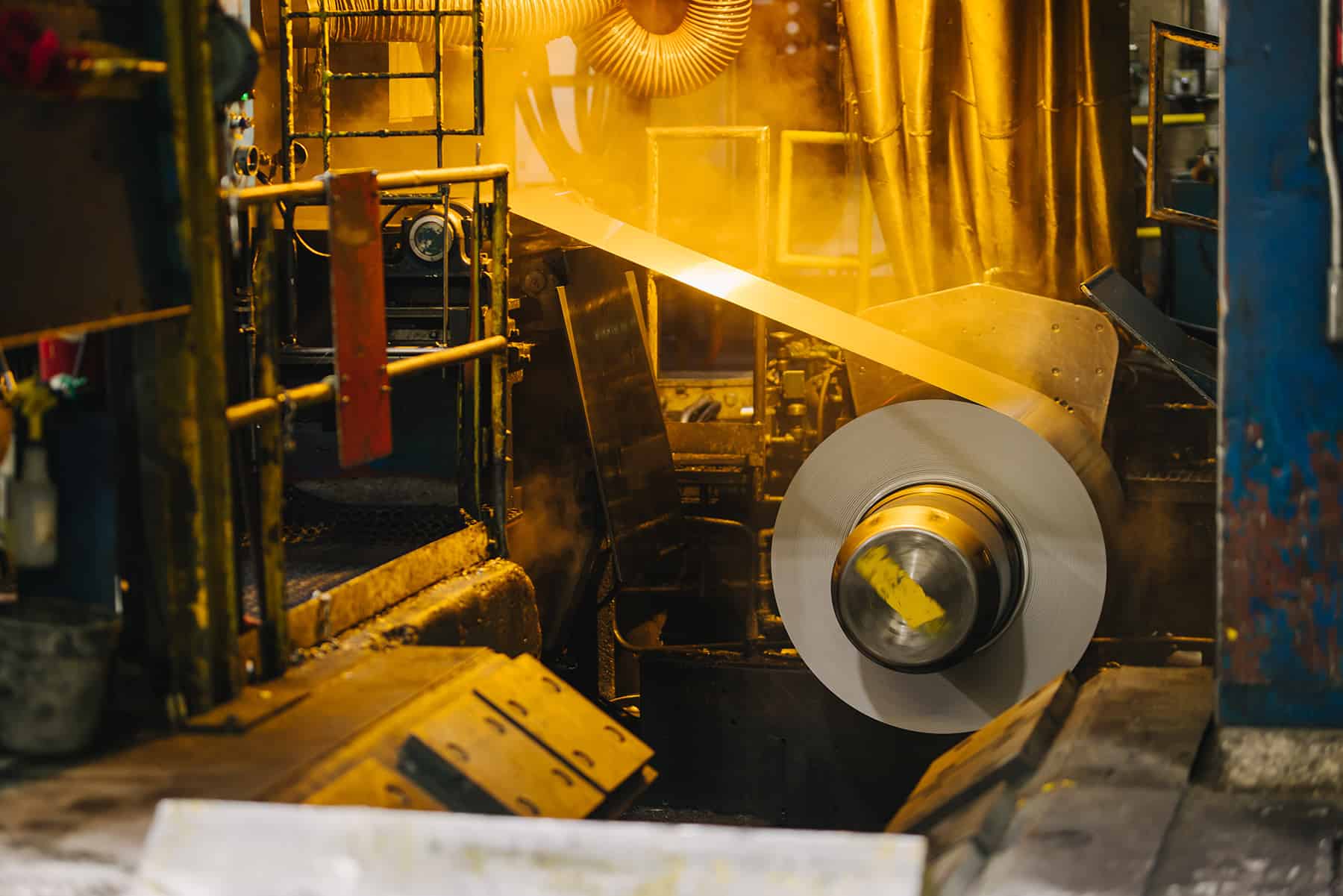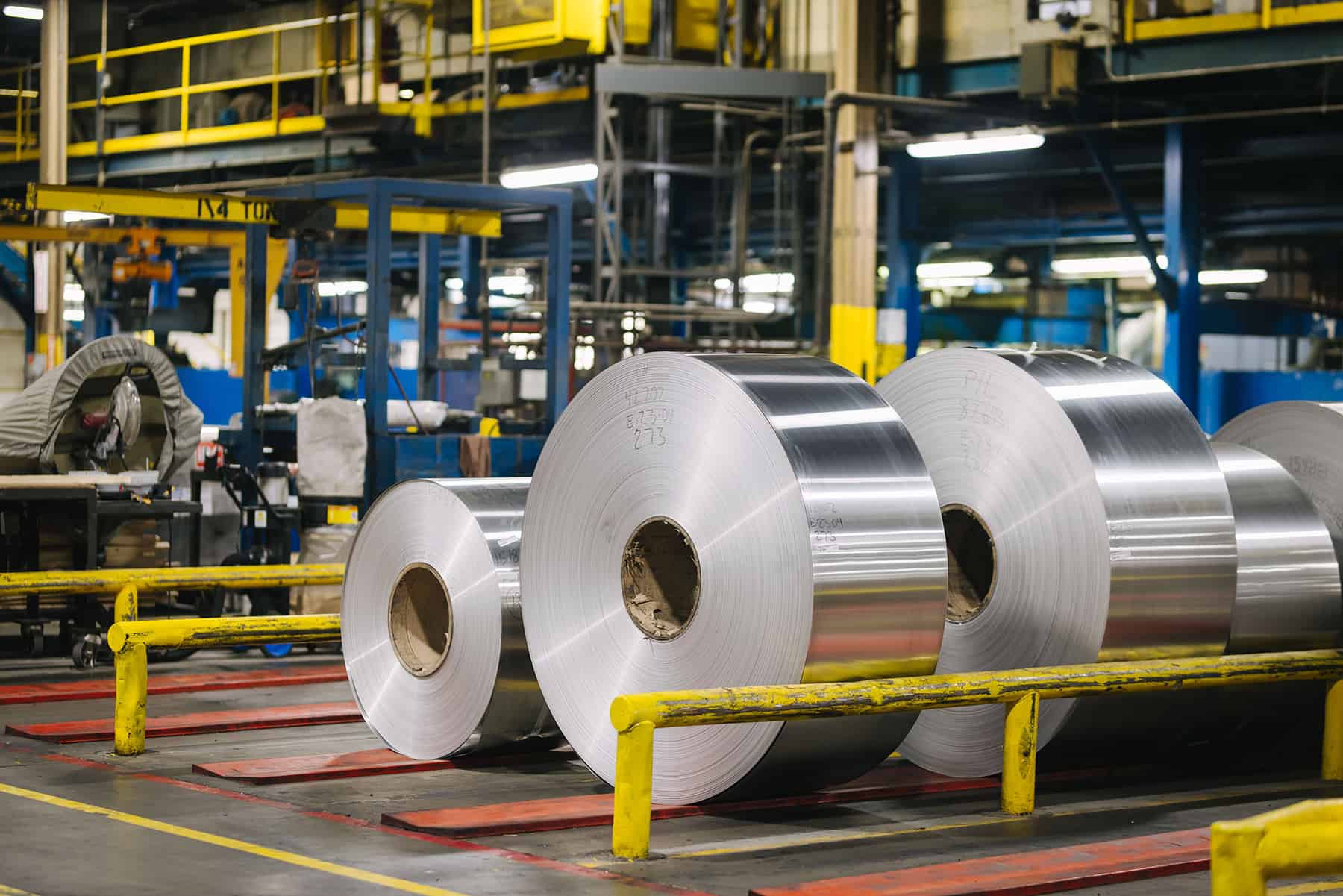Why Aluminum is a Sustainable and Green Metal: Exploring its Environmental Benefits

Today we’re talking about sustainability and one material that stands out as a green choice: aluminum.
Sustainability means meeting the needs of the present without compromising the ability of future generations to meet their own needs. Balancing environmental, economic, and social factors is essential to create a world that is healthy, prosperous, and sustainable for all.
In this post, we’ll explore why aluminum is such a sustainable material, including its many environmental benefits such as its lightweight and recyclable properties, energy-efficient production methods, and low toxicity.
So, whether you’re a manufacturer or consumer, there’s a lot to learn about aluminum. Let’s dive in and explore this amazing material together!
Navigate to Any Section with Ease:
- Environmental Benefits of Aluminum
- Importance of Using Recycled Aluminum
- Sustainable Practices in Aluminum Production
- Conclusion
Environmental Benefits of Aluminum
Aluminum is an eco-friendly metal with numerous benefits for the environment. Here are the key advantages of aluminum:
- Lightweight and recyclable: Aluminum’s light weight requires less energy for transportation, reducing greenhouse gas emissions. It is also 100% recyclable, which helps to cut down waste in landfills and preserve natural resources.
- Energy efficient production: Compared to other metals, aluminum requires less energy to produce. The manufacturing process can be powered by renewable sources such as hydropower.
- Durability and resistance to corrosion: Aluminum is long-lasting and can resist corrosion, reducing the need for replacements and the waste generated by them.
- Low toxicity: Aluminum is non-toxic and poses no harm to humans or the environment, making it a safe material for various applications, including food packaging.
- Versatility for a range of applications: Aluminum can be used in different industries for various purposes, including transportation, construction, and packaging. Its versatility allows for a more sustainable alternative to other materials that have a larger environmental impact.
Importance of Using Recycled Aluminum
The 100% recyclable property of aluminum means that it can be recycled infinitely without losing its quality or properties. This makes it an ideal material for sustainable manufacturing and production practices. By using recycled aluminum instead of virgin aluminum, we can reduce the environmental impact of aluminum production in several ways.
When aluminum products are discarded, they can take hundreds of years to decompose in landfills. By recycling aluminum, we can reduce the amount of waste that ends up in landfills and prevent the unnecessary accumulation of waste.
When we use recycled aluminum, we reduce the need for mining and extracting new aluminum from the earth’s crust. This reduces the environmental impact of aluminum production and conserves natural resources.
By choosing to use recycled aluminum in your products and manufacturing processes, you can also contribute to a more sustainable future and help reduce the environmental impact of your operations.

Sustainable Practices in Aluminum Production: A Case Study of Golden Aluminum
At Golden Aluminum, we are committed to implementing sustainable practices throughout our operations. As a US-based supplier of flat-rolled aluminum sheets and coils, we prioritize sustainability in various ways, such as:
- Using an energy-efficient continuous casting mini-mill process that uses significantly less energy than traditional aluminum manufacturing methods, reducing our carbon footprint.
- Placing a strong emphasis on the use of purchased scrap as a raw material in production, which reduces the amount of waste that ends up in landfills and conserves natural resources.
- Setting a sustainability goal of increasing the use of green raw materials, such as aluminum made from renewable energy sources, to reduce our carbon footprint and promote sustainable production practices.
- Implementing waste reduction practices, such as minimizing water usage and reducing greenhouse gas emissions, to benefit the environment and streamline our operations.
Overall, we prioritize sustainability throughout our operations, from energy-efficient production methods to the use of recycled materials and waste reduction practices.

Conclusion
In conclusion, aluminum is a sustainable metal that offers numerous environmental benefits, including its lightweight and recyclable properties, energy-efficient production, durability, low toxicity, and versatility. The importance of using recycled aluminum cannot be overstated, as it reduces waste in landfills and conserves natural resources.
As a case study of sustainable aluminum production, Golden Aluminum has demonstrated its commitment to sustainable practices through its use of energy-efficient production methods, the prioritization of purchased scrap, a sustainability goal of increasing the use of green raw material, and waste reduction practices.
At Golden Aluminum, we are proud to have achieved an average recycled content of 63.5% in our tab stock products in Q1 2023, and we believe that the use of recycled aluminum is crucial to creating a more sustainable future.
We encourage individuals and businesses to prioritize the use of sustainable aluminum in their operations to help reduce their environmental impact and contribute to a more sustainable world.


